And you know what? I was fully qualified for the professorship
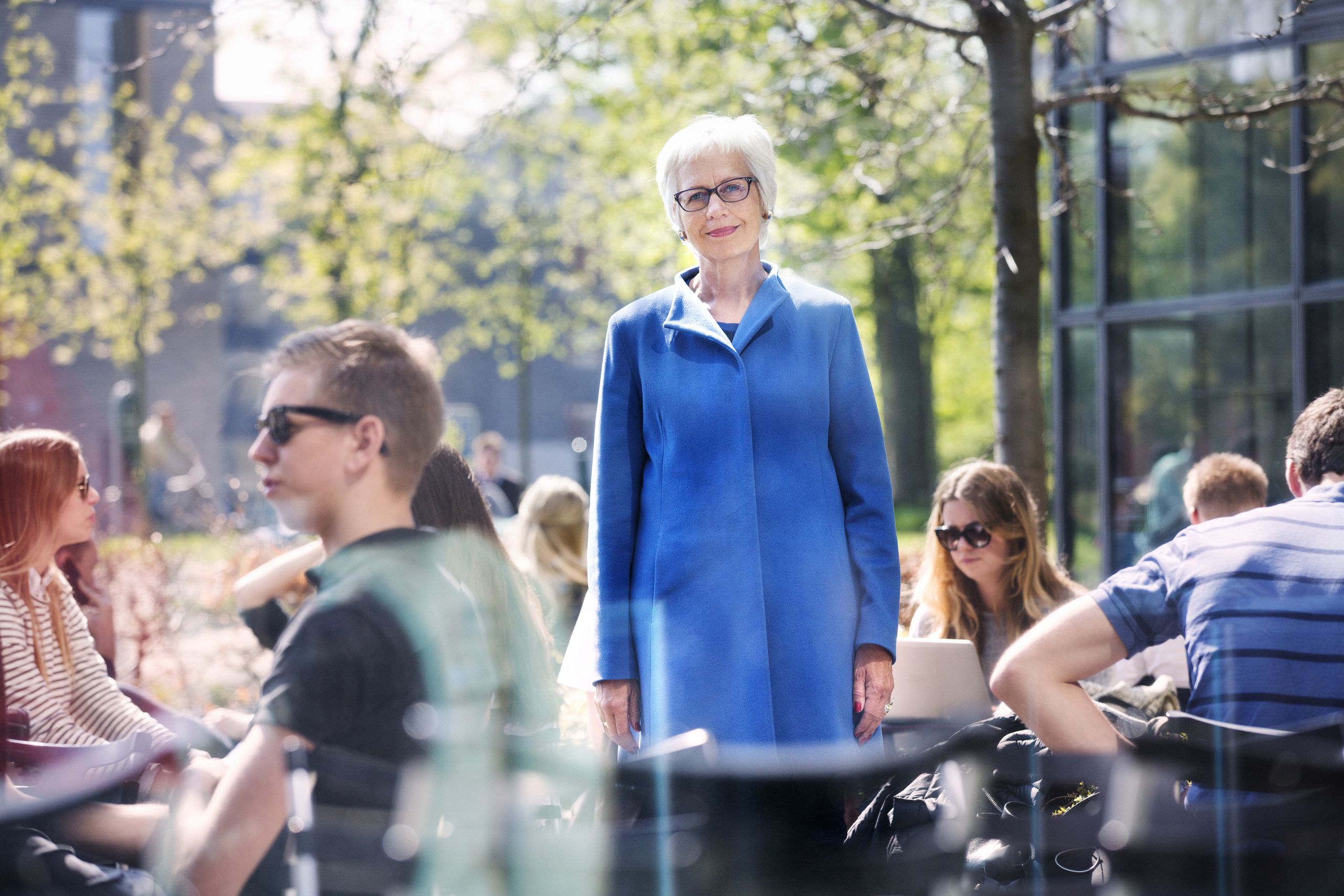
Anne-Marie Søderberg, Professor Emerita, reflects on her career and what can be done about the gender imbalance in academia.(Photo: Thomas Tolstrup)
After 31 years at CBS, Professor Anne-Marie Søderberg can add ‘Emerita’ to her title. In this interview, she talks about how the feminist movement influenced her as a researcher and teacher, why she taught CBS teachers feminist pedagogy and what can be done about the gender imbalance in academia.
“Although I had my farewell seminar on September 25, I have been at Dalgas Have a few times since, for meetings with collagues. One jokingly said that I hardly seemed to have gone into retirement mode,” says Anne-Marie Søderberg and laughs.
After 31 years at CBS, 18 as a full professor, she decided to “semi-retire”. With the addition of emerita to her title, Anne-Marie Søderberg can share an office with other emeriti at CBS, attend research seminars and conferences, act as discussant and reviewer, and work on a research project – if she likes.
“Several of the participants in my farewell seminar told me that they didn’t see me as a retiree. I still have too much energy,” she says from her home via a Skype connection.
Only about 23 percent of the professors at CBS are female – and Anne-Marie Søderberg is one of them. So at a time when debates about sexism and gender imbalance in academia are heating up again, the timing of an interview with one of CBS’ grand old women, who has been engaged in the feminist movement in the 70s, seems just about right.
Anne-Marie Søderberg took her first steps towards a career in academia at the age of 23 back in 1974. This was at the University of Copenhagen, where she studied psycholinguistics and Scandinavian literature and languages. She started teaching and joined a research project with ethnographic studies of classroom interaction together with 10 scholars with backgrounds in sociolinguistics and educational science.
The 70s were turbulent years with student protests, a harsh critique of the content of many university study programs, and intensive studies of Marxist theory, remembers Anne-Marie Søderberg.
But it was also a time featuring the feminist movement led by the red stockings.
“It influenced one’s everyday life. Who wrote the books and articles we studied? Who told the stories? Whose voices were heard? Didn’t we have other female authors in Denmark than Karen Blixen and Tove Ditlevsen? Such questions affected the agenda, and it also made me reflect on my own practice as a female researcher and teacher,” says Anne-Marie Søderberg.
An inspiring book and feminist pedagogy
Anne-Marie Søderberg was curious about women’s lives and their opportunities. She wrote about Danish feminist movies, she explored how everyday life for women was described in art and literature. She looked into why girls and women are often marginalized and silenced. And she read an iconic book by the British psychologist Anne Dickson: Women in their own right (In Danish: Og jeg mener, hva’ jeg si’r)
“The book inspired me and other women to communicate assertively and to the point, without beating about the bush, and it made us aware of all the modifiers women tend to use, especially when speaking about critical issues. It’s difficult for many women to say what they really want and what they dislike, and that’s obviously still the case, which the #MeToo movement shows,” she says.
Didn’t we have other female authors in Denmark than Karen Blixen and Tove Ditlevsen?
Anne-Marie Søderberg
Anne-Marie Søderberg left the University of Copenhagen after 15 years in non-tenured research positions, and took up an associate professorship at CBS – Handelshøjskolen at the time – in 1989. The same year that CBS got its first female professor, Hanne Hartvig Larsen.
Here, she started teaching intercultural communication, and she observed a way of teaching at the Faculty of Modern Languages that left little room for female students to unfold their talents.
“The kind of pedagogy that many teachers used at that time turned the students into passive recipients, and as a consequence they would rather pursue secretary jobs as commercial correspondents despite their high level of foreign language competencies. I wanted to make the students self-assured and capable of going for jobs in the communication area with better opportunities for career and personal development. It was very much an endeavor of mine,” she says and continues:
“First, I introduced courses in feminist pedagogy for the teachers. I asked them to bring video recordings from their teaching, and we discussed how one could ask questions in different ways, or put together assignments in a way that would be more challenging. And it was an eye-opener for many of the teachers, who realized that they – unintendedly – were a part of the problem themselves.”
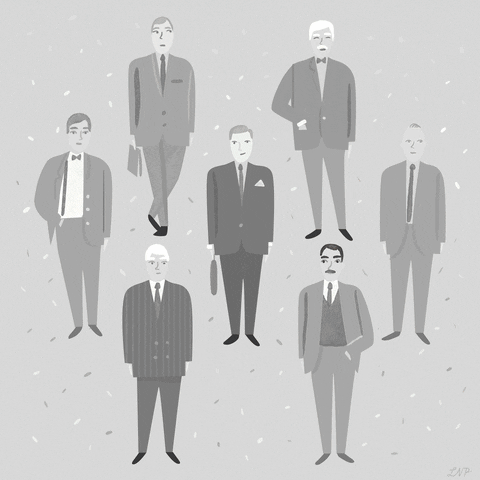
(Illustration: Giphy)
Later Anne-Marie Søderberg led and coordinated the development of CBS’ Bachelor in Business Administration and Organizational Communication (HA Kom), and the matching master’s degree, cand.merc.kom.
“The head of department told me that I should not spend time writing an application”
Anne-Marie Søderberg engaged in many types of ethnographic research at CBS, for example projects on international mergers and acquisitions, on global business collaboration and intercultural learning, and on virtual teamwork in global software development. And at some point, she felt ready to apply for a full professorship.
“I have always been ambitious, but when I was hired at CBS, I first and foremost strived to find my footing and establish myself as a recognized business scholar. Fortunately, my cultural and communicative approaches to organization and management studies resonated well with trends in my international research community. In 2001, I decided to apply for a professorship,” she explains.
The professorship Anne-Marie Søderberg wanted to apply for was in cultural studies.
“I thought this professorship was right up my street. But the head of department told me that I should not spend time writing an application, because it was already kind of reserved for a male guest scholar. But I applied anyway. And you know what? The assessment committee considered me fully qualified, and they even concluded that “Anne-Marie Søderberg is the perfect fit for this specific position”. In the end, a male applicant, who was also highly qualified, was offered the vacant position,” she says and continues:
“But by ignoring the head of department’s advice and applying anyway, I made it visible that I had not only the ambition, but also the qualifications. The year after, a new professorship in organizational communication studies was posted, and this time I got it.”
However, she emphasizes that it took self-confidence, stamina and a bit of toughness to pull through and apply for the professorships. And that is needed if you want to climb the ladder within academia – and elsewhere.
“Usually, we encourage people of all gender orientations and ethnicities to apply for jobs, but you can’t wait around for a superior to say: “have you seen that job announcement? I think you should apply for it”. The academic world is international and very competitive, and nobody can promise you that you are next in line.”
Gender blindness
Being a woman and a professor, Anne-Marie Søderberg is part of a minority. She thinks, like other female CBS professors, that the gender imbalance is partly caused by the so-called Huey, Dewey and Louie effect.
“Researchers tend to look for talent that resembles themselves. So when the majority of senior scholars, head of departments and senior management are men, they may, consciously or not, scout and recruit men. That’s the gender blindness or gender bias frequently described in literature and it needs to be addressed,” she says.
Personally, Anne-Marie Søderberg has taken on the role as primariy supervisor of 15 doctoral students, among them 10 women. She has also serves as mentor for younger researchers, especially women with international backgrounds, with the purpose to help them navigate in academia a little easier.
“I have worked in academia for 46 years and at CBS since 1989, so when I was asked if I wanted to join the mentorship program, I said yes. I think, I would have benefitted myself from having a mentor, so I didn’t have to figure out everything myself,” she says and continues:
“Some of my mentees explicitly asked to be paired with a woman who’s high up in the academic hierarchy. One who may serve as a role model, and coach them in pursuing a full academic career.”
Anne-Marie Søderberg explains that she has also often invited junior scholars to be co-authors on book chapters and journal articles, and sometimes reviewed drafts of their applications for jobs and external funding.
A less hectic pace of life
Right now, Anne-Marie Søderberg is working in a global research team of 19 scholars tudying the ‘International Student Experience’ in 13 countries around the world. The project aims to understand why students decide to study abroad and how they reflect on their experience with studying and living in another socio-cultural environment.
Still being able to participate in a research project, and joining a panel at an international conference, and working in a committee assessing applicants for a professorship at a foreign university are some of the perks of becoming a professor emerita. That appeals to her much more than her husband’s way of retiring.
“My husband had to stop working from one day to the next, although he was still full of energy and good ideas. He was the director of the Danish-German Chamber of Commerce for 22 years,, but when he turned 65 his contract ended,” she says and continues:
“In that sense, I enjoy that we have possibilities within academia for a gradual withdrawal. There are fewer emails in my inbox, and I enjoy a slightly less hectic work life. It makes room for enjoying a good novel, playing piano and visiting an art exhibition while others are at work, or going to the theatre in late evenings without being concerned about having to get up early the next morning.




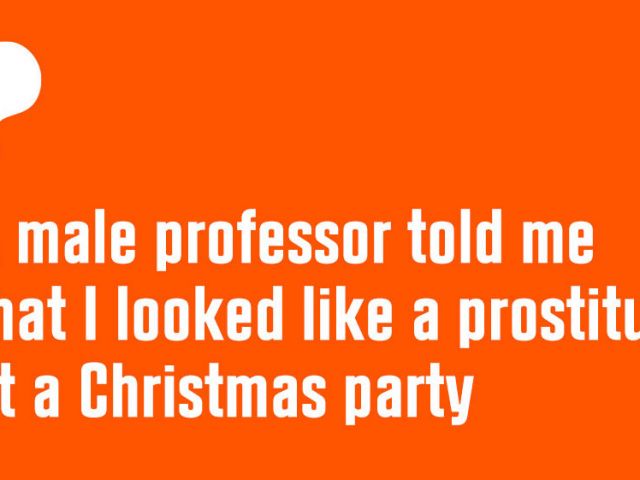

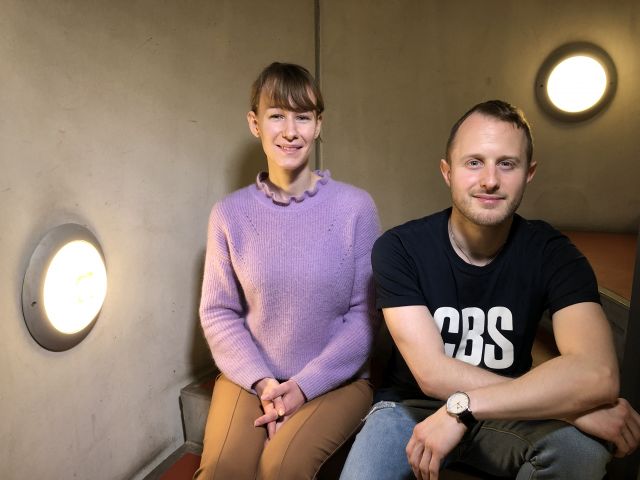
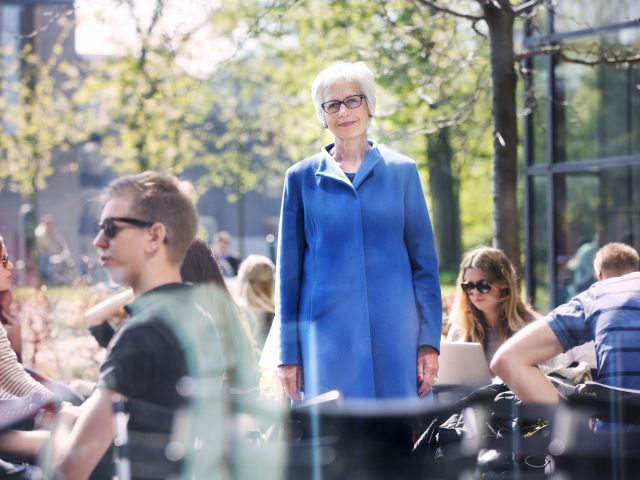
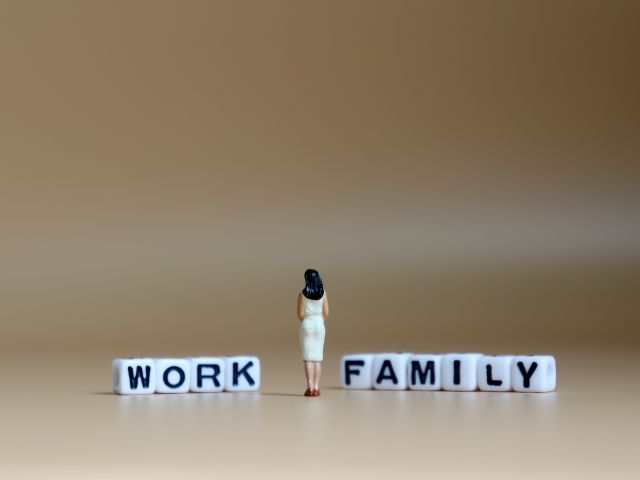
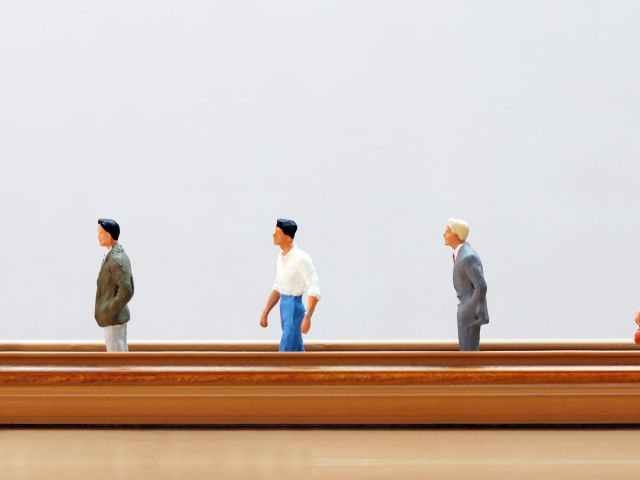

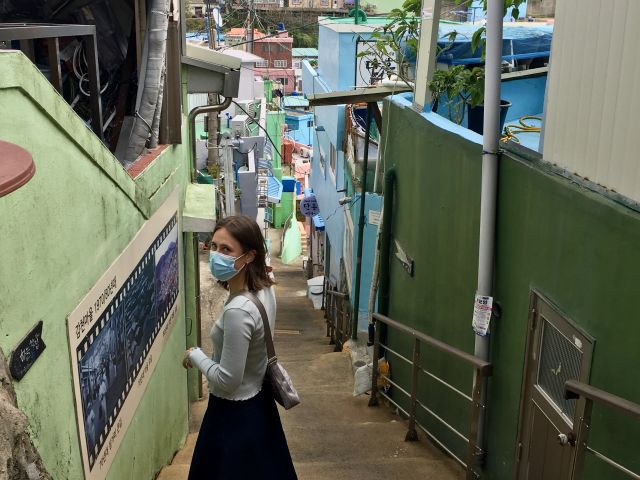




























































































































Comments